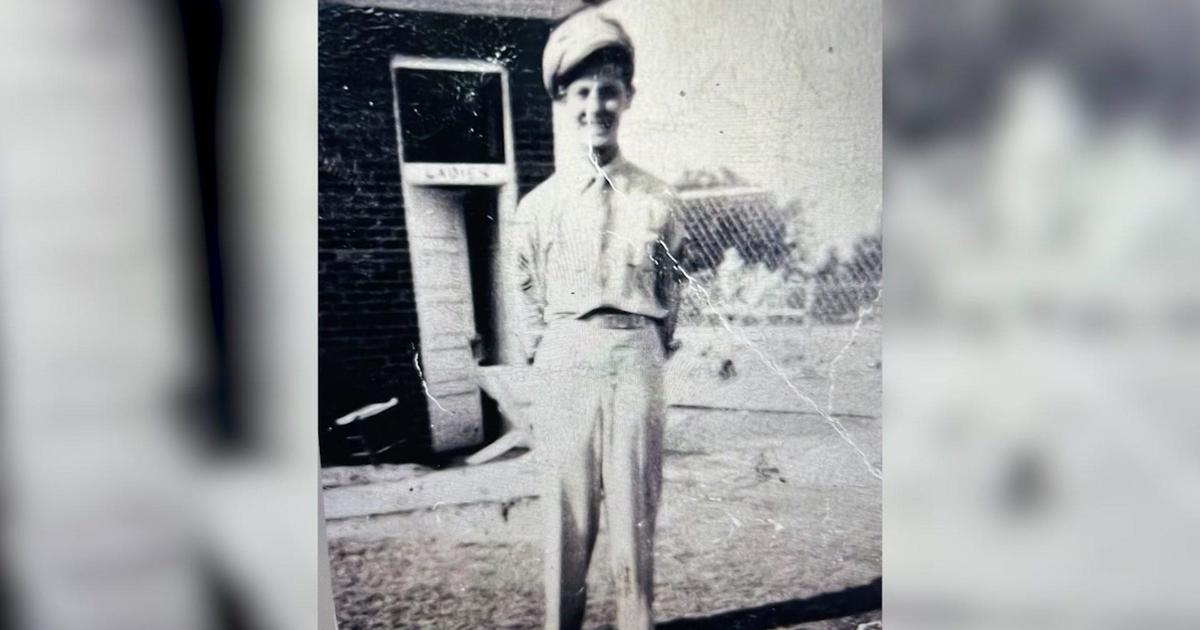Keidel: The Pall Over Paterno
By Jason Keidel
» More Columns
Like most of my Big Apple brethren, all I wanted to do yesterday was kick back with a Coke and a smile and watch the Giants laminate their ticket to the Super Bowl.
Then Joe Paterno died.
And a line from perhaps the greatest book of the 20th Century came to mind…
"If personality is an unbroken series of successful gestures, then there was something beautiful about him, some heightened sensitivity to the promises of life, as if he were related to one of those intricate machines that register earthquakes ten thousand miles away."
That would be a proper, posthumous tribute to Joe Paterno, a man who projected an image of pastoral college life and a monastic devotion to the notion that you can win on the field and off the field; that, in fact, one feeds the other in a symbiotic surge of noble living, and an earnest and honest approach to all things.
But just like Jay Gatsby, Paterno fouled up a fine ending. And, in retrospect, the story was over long before the last page.
We who are under 50 and love football instinctively embraced Paterno's public persona and librarian's visage, a hybrid refrain of compassion and competition where winning with honor had myriad definitions. We all bought into it because we had no reason not to.
Not until a few months ago. With the indictment of Jerry Sandusky and, by extension those who knew him, employed him, and allegedly protected him, it appears a half-century of bedrock lure mutated into baleful lies.
The truth shined quite an unflattering light on the power brokers at Penn State, a pungent apparatus with no regard for goodness. The allegations say Sandusky didn't lurk in the dark but rather the full glow of a glittering campus that doubled as the palace of Penn State football. And he did so with impunity, right under Paterno's prodigious nose.
Paterno made the historic but accidental error of hiring Jerry Sandusky as defensive coordinator in 1977. It's entirely possible and plausible for any of us to date, hire, or befriend someone of dubious character, because at the beginning of any relationship, all we see is what they show us. Only later do we really learn whom and what they are.
But at some point, Joe Paterno learned that Jerry Sandusky had an alleged inappropriate, sexual interest in children. And Joe Paterno did nothing to stop it. Reporting the crimes to his athletic director is akin to Barack Obama reporting a transgression Joe Biden.
In the end, Paterno fell on his tattered shield, undone by the very, unsavory behavior he assured us never occurred on his watch. Therein lies the problem with lies. It seems at some point they boomerang back, all the way to the grave.
The Paterno Apologists – and now they will expand exponentially – point to Paterno's age as some exculpatory circumstance. He was 85, man! Cut him some slack! Was Paterno 85 in 2002, when Mike McQueary told him about Sandusky, a naked child, a shower, and slapping sounds? Was Paterno 85 in 1998 when the school wrote a report about Sandusky? Was Paterno 85 the next year when he fired Sandusky?
Now Paterno's a martyr who died from deeds beyond his control. A cocktail of maladies were the official cause of death, and between age and cancer and brittle bones he would have passed on naturally. But is it a coincidence that Paterno died a matter of weeks after we learn about his top lieutenant's indictment and the overwhelming evidence that Paterno and his Penn State acolytes did nothing to stop Sandusky?
Forgive the cliché, but you can't have it both ways. You can't be revered but never reviled; you can't enjoy all the perks of deification without the perils of desecration. At the end, beyond all the physical evidence of decay, the ten-ton anvil of deception would crush a man one-third his age.
It's as though the man were evaporating, his body burned off by the hot spiritual sun that exposed his half-truths and, ultimately, half-dedication to the truth. Paterno and his minions campaigned on veracity and were exposed for rampant mendacity. And it seems the results were fatal.
ESPN.com, the "Worldwide Leader" of, well, semantic lap dances for famous people, glorified groupies to the end, led parade with this column: "Joe Paterno's legacy outweighs scandal."
Only problem with that is the scandal IS HIS LEGACY. We know that being born and raised an American and a sports fan places an inordinate premium on winning. But to the more rational elements of the human race, it just means we cry at sporting events, among other childish gestures normally reserved for more important matters. It shouldn't include a grotesque salute to a classic, massive cover-up of a satanic crime.
It places some of us in the incongruous position of telling others that sports really aren't that important. It's an explanation we shouldn't have to make, with that truth being self-evident and all.
We have a noble impulse to honor the dead, with Rest In Peace a fitting, final salutation to normal men. But Paterno wasn't (and isn't) a normal man. We know of him because of his big deeds under brown leaves. And since he's a prominent member of public domain, his death and subsequent, social autopsy are very much appropriate. And when the urge to ease off the pedal hits, those kids come back to mind.
To his phalanx of defenders, the army of Paterno Apologists, you know his number of wins, championships, and graduation rates. What else do you know? How about 52? That would be the total counts against Jerry Sandusky. How about the average age of the child he (allegedly) raped? Do you know any of their names? Do you know how many times Paterno called the police when he got wind of the atrocities? (Zero.) You wonder how Penn State will recover from Sandusky. Do you wonder about those kids he allegedly buried in his basement, emerging with squinting, crusty eyes and ravaged souls will turn out? Do you care? Does it matter that Paterno had all the power to stop his top lieutenant and didn't? Does the score matter anymore?
Sandusky, perhaps the most despised man in America, chimed in with a statement, assuming that the world wants the worldview of an alleged child rapist. "No one can take away the memories we share…" he said. That's right, Jerry, even if you have no idea why.
Now Joe Paterno has left the building. What is he taking with him? We can't be sure about much other than the truth is bottled up somewhere, still on that campus or in that coffin. It's surely not in our hands, where it belongs.
Why would anyone writing about Joe Paterno reference a novel written in 1925? Because The Great Gatsby is a sad story about pathetic people who were vulgar, vain, and incurably narcissistic; and some of those characteristics were shared by the non-fictional characters at State College, where the simple transaction of a man's expiration doesn't end the pain. Sadly, the Penn State horror is not a book that we can merely close.
Like Jay Gatsby, Joe Paterno was a powerful man who abused his power to protect a faulty premise: you can fix history and make things right by the aggregate force of money, power, or hubris. As Gatsby was guided by the green light at the end of Daisy Buchanan's dock, Paterno thought the pastoral façade of Penn State could cloak the dark reality on his blue lawn. And he, like his cadre of enablers, will "beat on, boats against the current, borne back ceaselessly into the past…"
Feel free to email me: keidel.jason@gmail.com
How will you remember Paterno? Does the scandal forever ruin his legacy? Be heard in the comments below...



